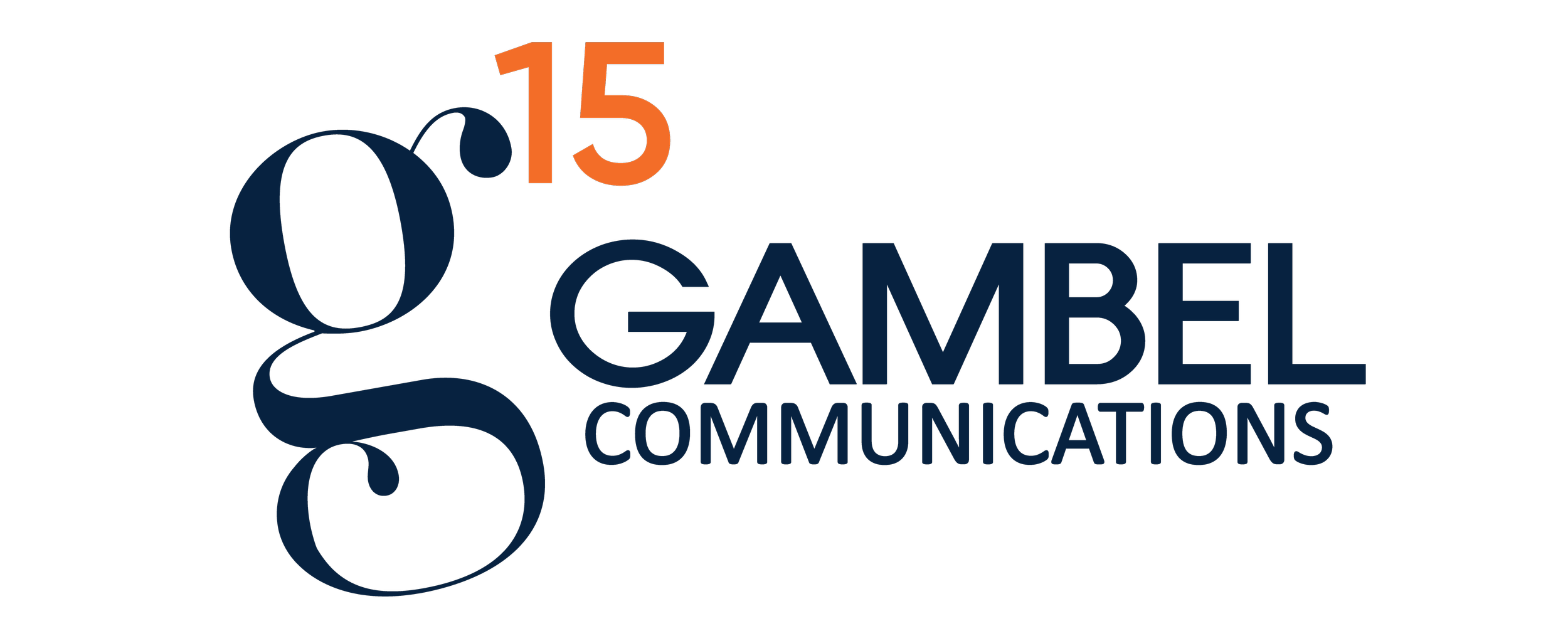The Media, the Law and First Amendment Rights
Written by: Cynthia Maddox
An American political scandal. Coverups and clandestine meetings. Media at the center of a firestorm. Controversy dividing the country. Sound familiar?
During the long, hot days of June 1972 much of this country sat riveted around television sets watching the Watergate hearings and the unraveling of a presidency. Watergate and the Pentagon Papers inspired many young men and women to charge the doors of universities across the country with dreams of becoming journalists.
Several of us at Gambel Communications recently attended a symposium on “Media Law for Journalists,” hosted by the Media Law Resource Center (MLRC) based in New York City. The main takeaway was that despite vast changes in the media landscape and the current political climate that often finds the media under attack, one basic tenet remains steadfast. The first amendment still protects freedom of speech, which guarantees a free press.
Granted, the real-time speed of news delivery today and social media’s impact on our daily lives probably means that Woodward and Bernstein wouldn’t have needed to meet a mysterious informant in a parking garage. He would have sent them an anonymous email or text from a burner phone. For that matter, Deep Throat would probably have been outed on Twitter, not 33 years later but as soon as the story broke.
While only a couple of the Gambel Girls remember those infamous hearings (since others weren’t born during the Watergate era), the topics discussed—fake news, copyright and trademark, libel and privacy—impact how we service our clients on a daily basis.
In leading the symposium, George Freeman, executive director of MLRC, and Jeff Hermes, deputy director, reminded us that today almost anyone with a smart phone can call themselves a journalist. Bloggers and influencers wield as much, if not more, power than news anchors and print reporters. For that reason, we constantly caution our clients—as well as remind ourselves—that anything they say or do can appear instantly on a newsfeed. Once it’s out there, it remains in “the cloud” for posterity.
Technology and social media have opened the floodgates for libel and invasion of privacy cases. Libel is a false statement that is printed or recorded—opposed to slander, which is spoken. We wade into murky waters if we republish—or share and retweet—something that is libelous or invades a person’s privacy. For that reason, we all should remain vigilant with what we share on social media, including photos or information about ourselves.
Do you ever wonder when celebrities and politicians will figure out they should keep some things to themselves? Once we transmit a photograph or send an email to someone else, we basically give them permission to share it with the world.
Whenever we are working with clients on campaigns, particularly with branding efforts, we encourage them to register trademarks for logos, slogans and other materials that distinctly identify them. We also recommend that clients register copyrights for any literary or artistic works that they might produce, such as books, videos, photography or even blogs.
You can’t copyright ideas, but once you turn the idea into an actual product, it is automatically copyrighted. But, unless you register the copyright with the US Copyright Office (www.copyright.gov), it is not legally protected if someone else uses it.
Due to copyright and trademark laws, at Gambel we prefer to always be present when our clients are being videotaped or photographed. We want to make sure that there are no identifiable logos or artistic works—other than their own—in the shot. We close laptops so the familiar fruit shape doesn’t show up in photographs and re-position our subjects to prevent famous works of art from dominating the background.
As most of us have become adept at digital design, whether it’s a graphic for a social media post or a newsletter, we must also remember that just because we find something on the Internet does not mean it’s free to use. When looking for stock images, be aware of any permissions or rights associated with it.
Just because you Google it doesn’t mean you have permission to use it.



